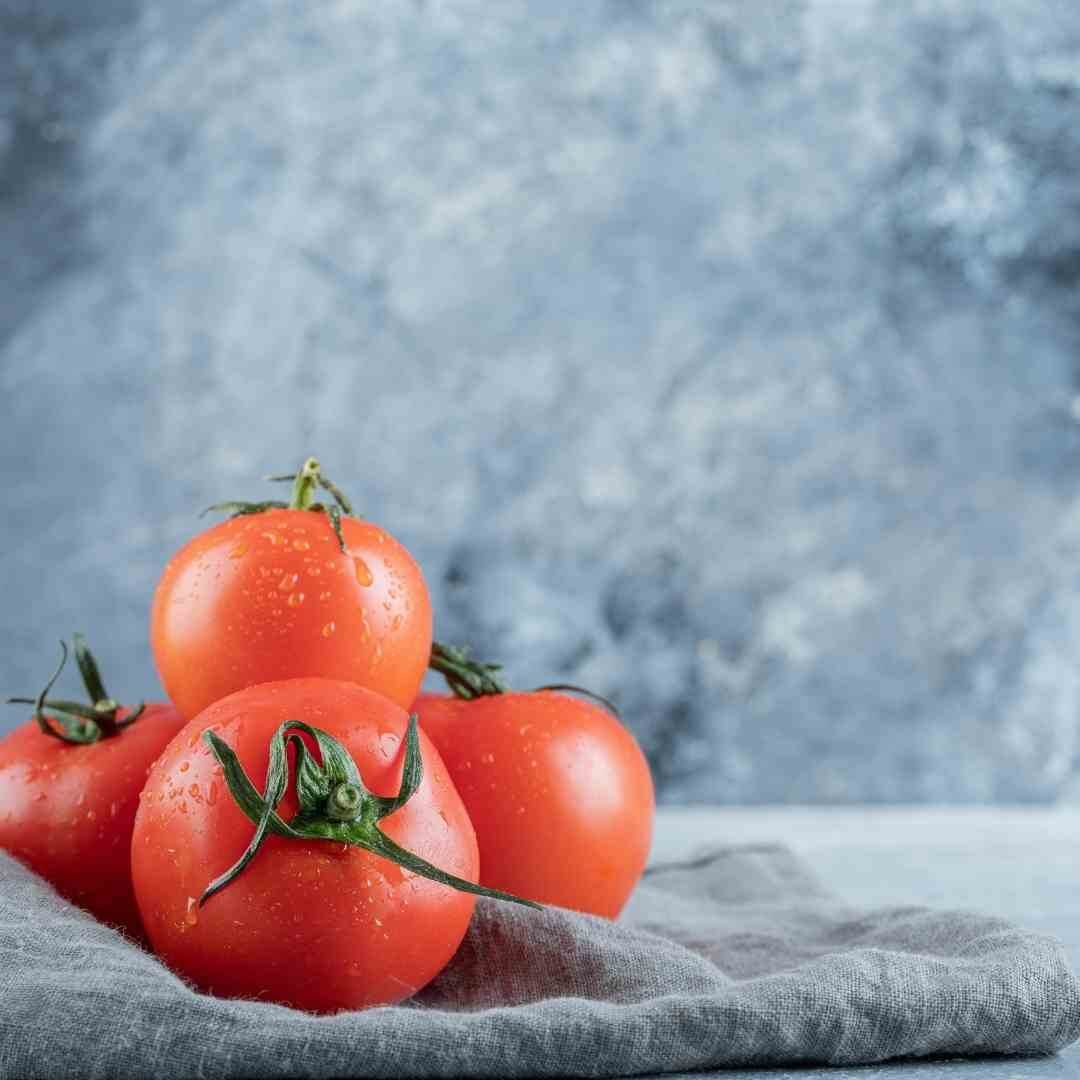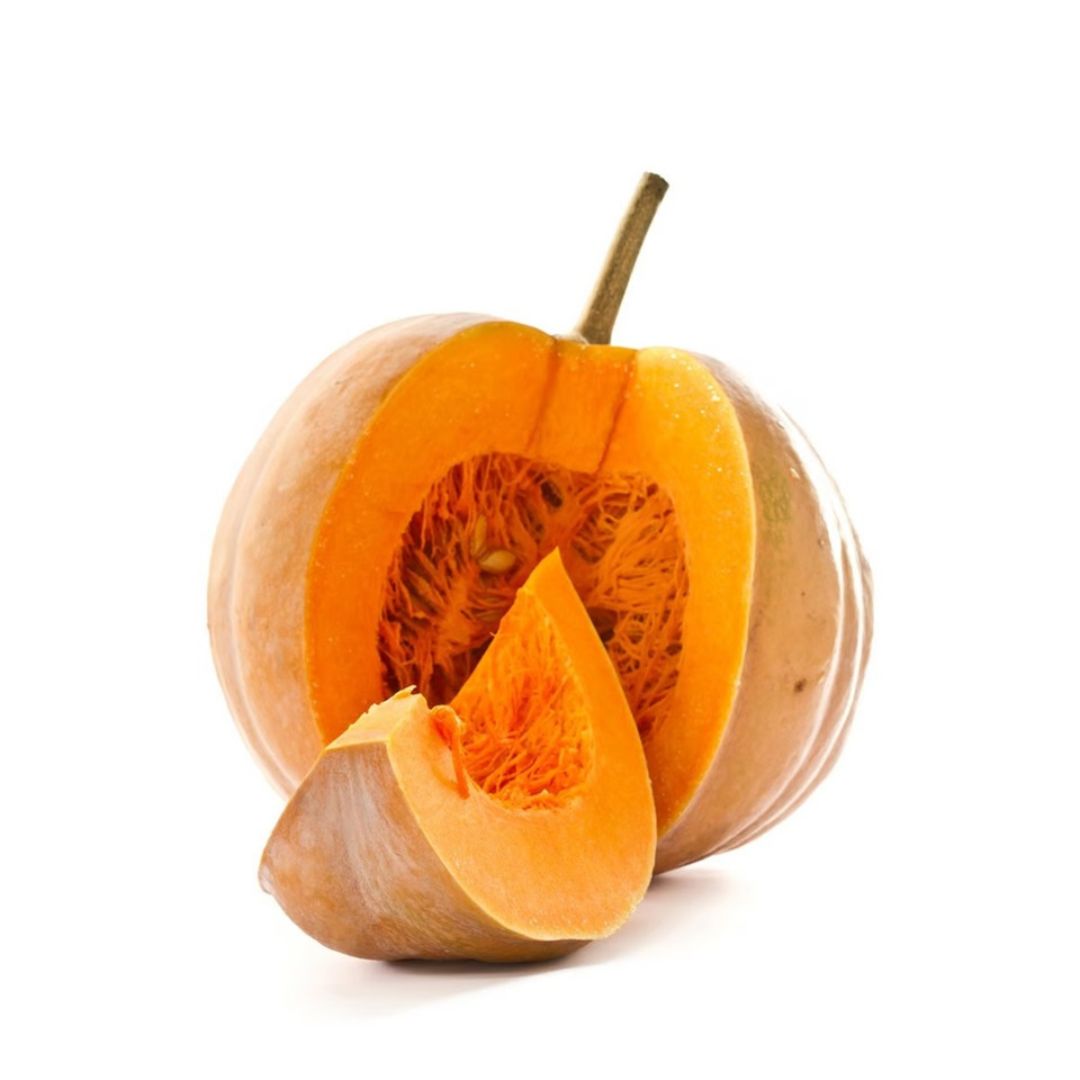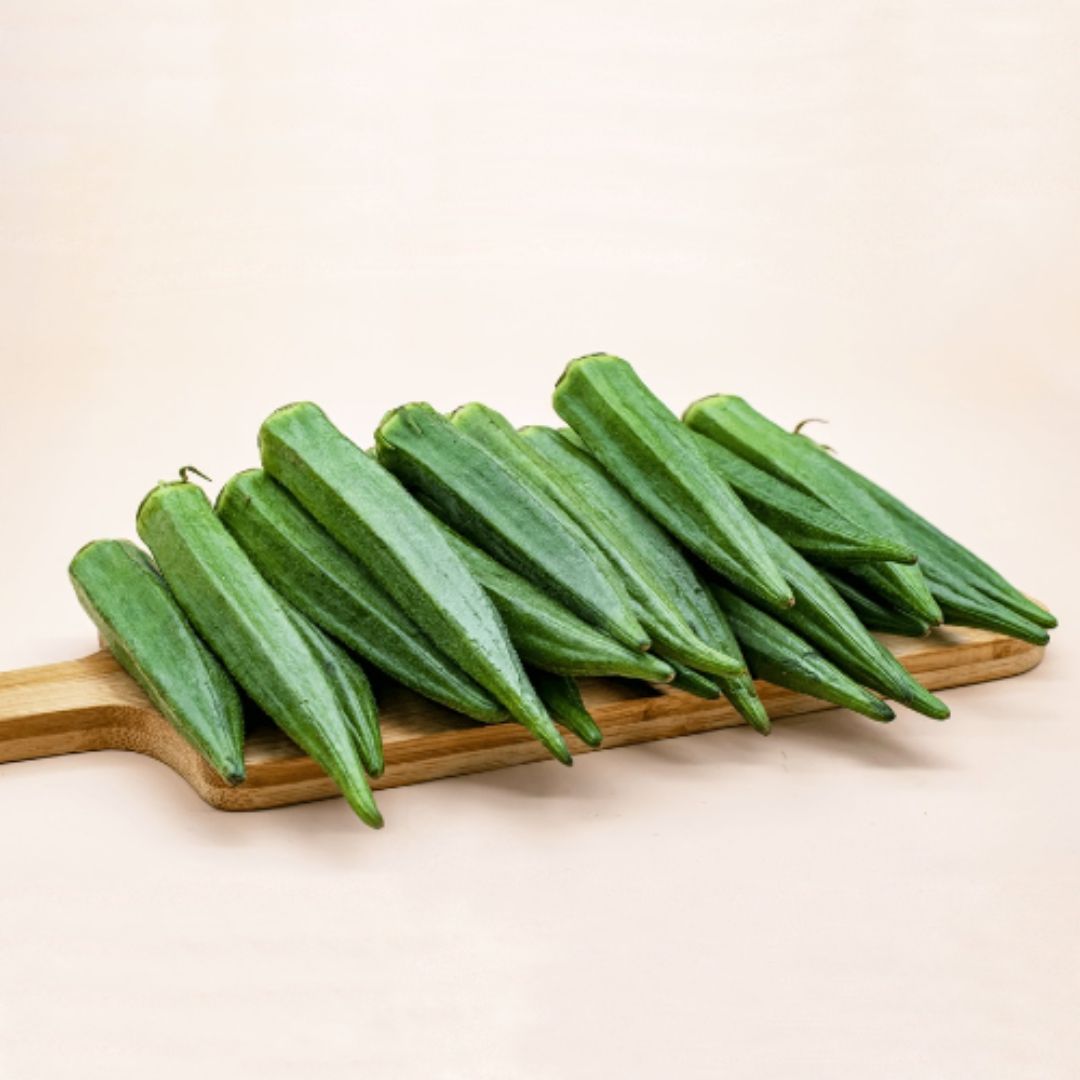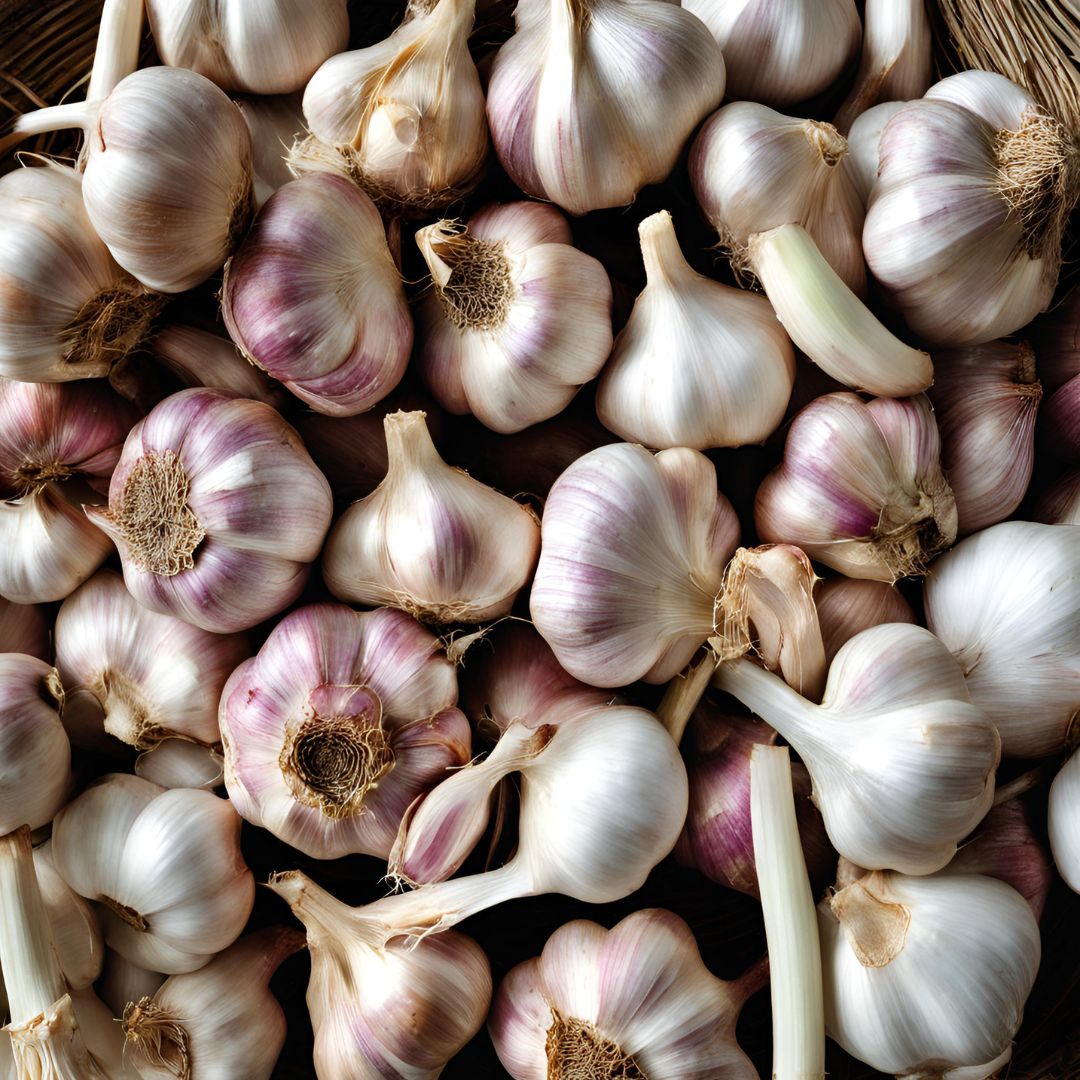1. Red Onions
Types of Fresh Tomatoes Exported from India
1. Round Tomatoes:
o Most common variety.
o Used for cooking, salads, and sauces.
2. Cherry Tomatoes:
o Smaller, sweeter, and more expensive.
o Preferred in gourmet dishes and salads.
3. Roma Tomatoes (Plum Tomatoes):
o Oval-shaped with fewer seeds.
o Ideal for canning, sauces, and pastes.
4. Heirloom Tomatoes:
o Known for unique flavors and colors.
o Typically exported to premium markets.
Key Tomato-Growing States in India
• Maharashtra
• Karnataka
• Andhra Pradesh
• Telangana
• Tamil Nadu
• Uttar Pradesh
Export Requirements Fulfilled By Ours.
1. Phytosanitary Certificate:
o Certifies the tomatoes are pest- and disease-free.
2. Quality Standards:
o Tomatoes should meet international size, ripeness, and appearance requirements.
3. Packaging:
o Packed in ventilated cartons or crates to prevent spoilage during transit.
o Labels indicating the origin, variety, and handling instructions are mandatory.
4. Cold Chain Logistics:
o Refrigerated transportation to maintain freshness and quality.
Benefits of Indian Tomatoes
1. Rich Flavor: Known for their robust taste.
2. Availability: Year-round production due to India's diverse agro-climatic zones.
3. Cost-Effective: Competitive pricing compared to other countries.
Challenges in Exporting Fresh Tomatoes
1. Shelf Life: Fresh tomatoes are perishable and require efficient logistics.
2. Price Fluctuations: Affected by domestic demand and supply.
3. Regulatory Issues: Export restrictions may be imposed during domestic shortages.
4. Climate Sensitivity: Vulnerable to weather changes affecting production quality and yield.
Optimal Conditions for Storing Tomatoes
1. Temperature:
o Mature Green Tomatoes: Store at 12–15°C (54–59°F) to ripen gradually.
o Fully Ripe Tomatoes: Store at 7–10°C (45–50°F) for short-term storage. Prolonged refrigeration below 10°C may affect flavor and texture.
2. Humidity:
o Maintain a relative humidity of 85–95% to prevent dehydration and shriveling.
3. Ventilation:
o Proper airflow is essential to avoid accumulation of ethylene gas and to maintain consistent temperature and humidity levels.
4. Ethylene Management:
o Tomatoes produce ethylene, a natural ripening agent. Store away from ethylene-sensitive produce like lettuce or cucumbers if they are being stored together.




